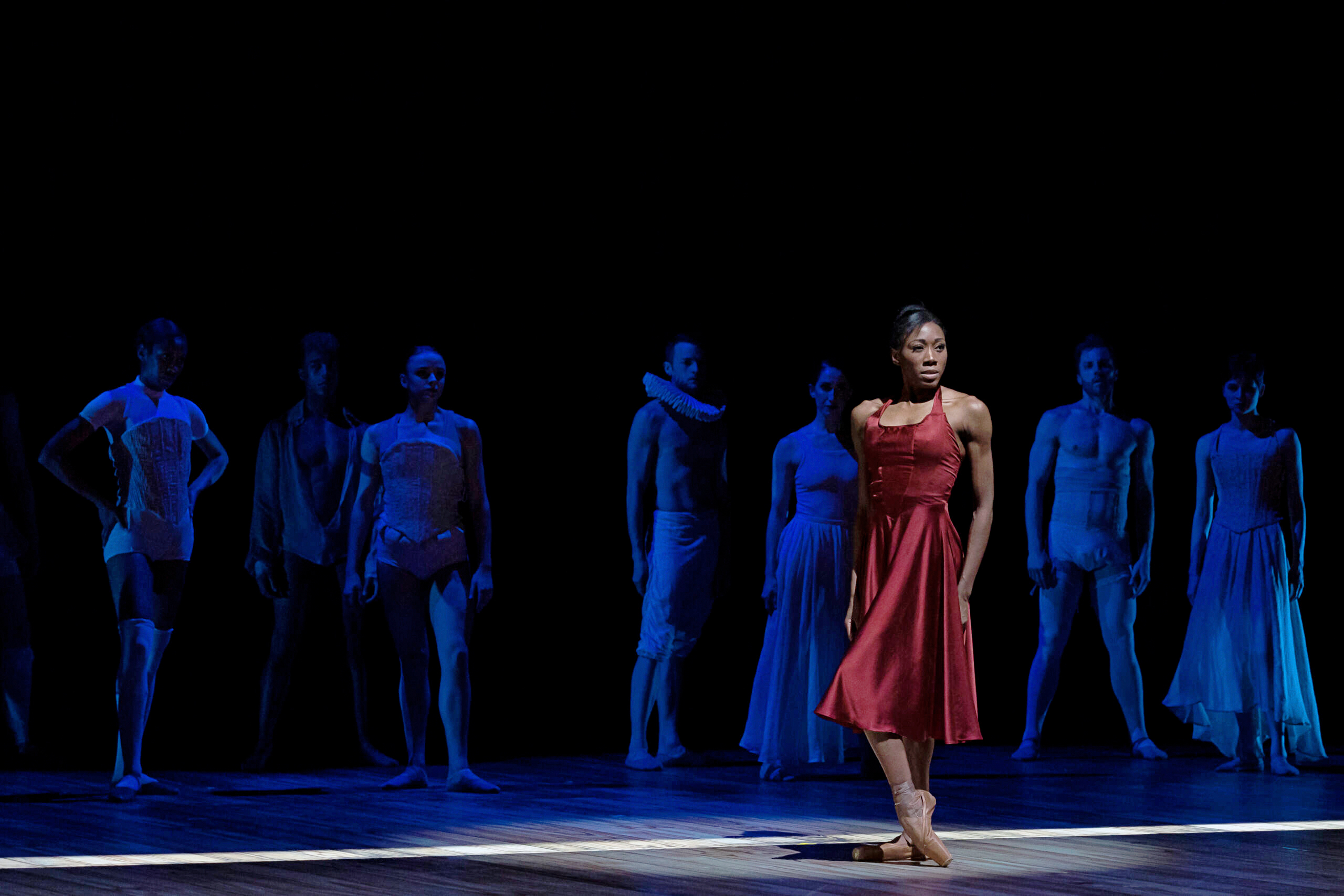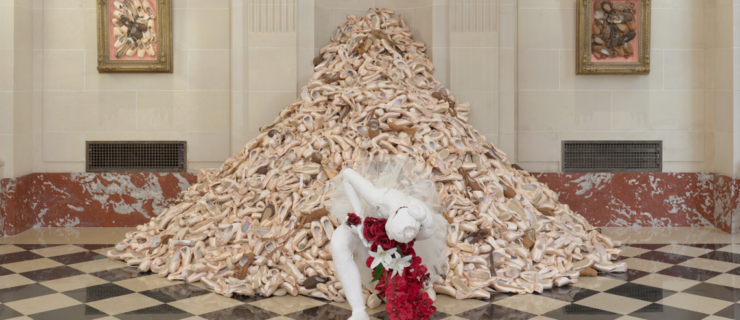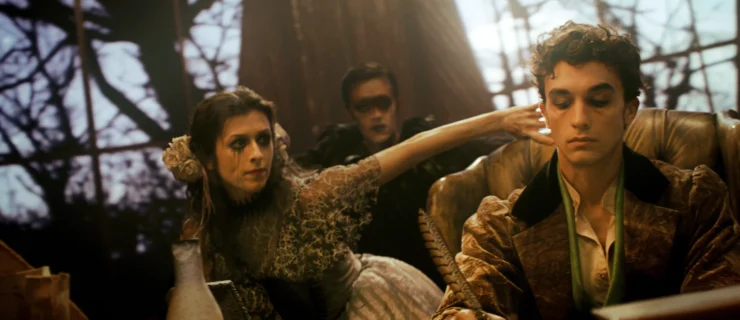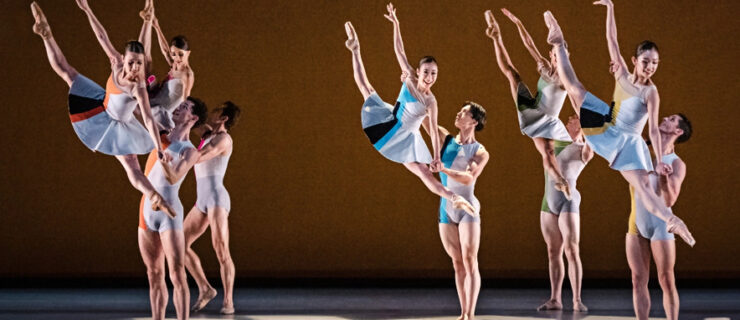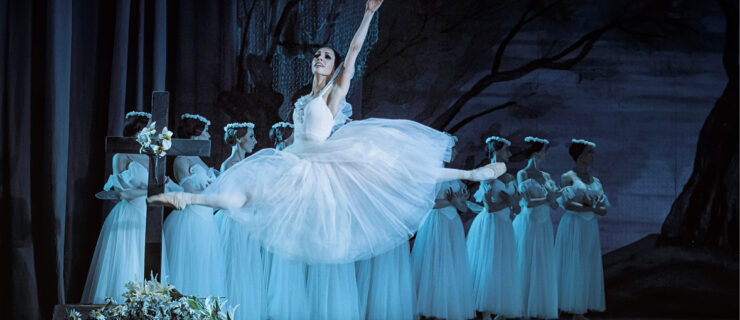What to Watch: Nashville Ballet’s “Black Lucy and The Bard” on PBS
You likely know a fair number of William Shakespeare’s famous romantic works. You may have even performed in one or two of the versions adapted for ballet, whether about star-crossed lovers in Verona or meddlesome sprites and confused sweethearts. But what about a ballet for Shakespeare’s own romantic life?
Enter “Black Lucy and The Bard,” the latest installment of PBS’s Great Performances series and performed by Nashville Ballet. The production, an exploration of Shakespeare’s sonnets and his two muses—the “Dark Lady” and the “Fair Youth”—makes its U.S. broadcast debut on Friday, September 16, on PBS. This episode, directed for television by Matthew Diamond and choreographed, directed and adapted by Nashville Ballet artistic director Paul Vasterling, features a slightly modified version of Vasterling’s 2019 ballet Attitude: Lucy Negro Redux. Set to an original score by GRAMMY Award winner Rhiannon Giddens and early music expert Francesco Turrisi, the work is based on Caroline Randall Williams’ Lucy Negro, Redux (2015), a collection of poems based on the theory that the “Dark Lady” of Shakespeare’s sonnets 127–154 was an actual Black woman, a London brothel owner known as “Black Luce” or “Lucy Negro.”
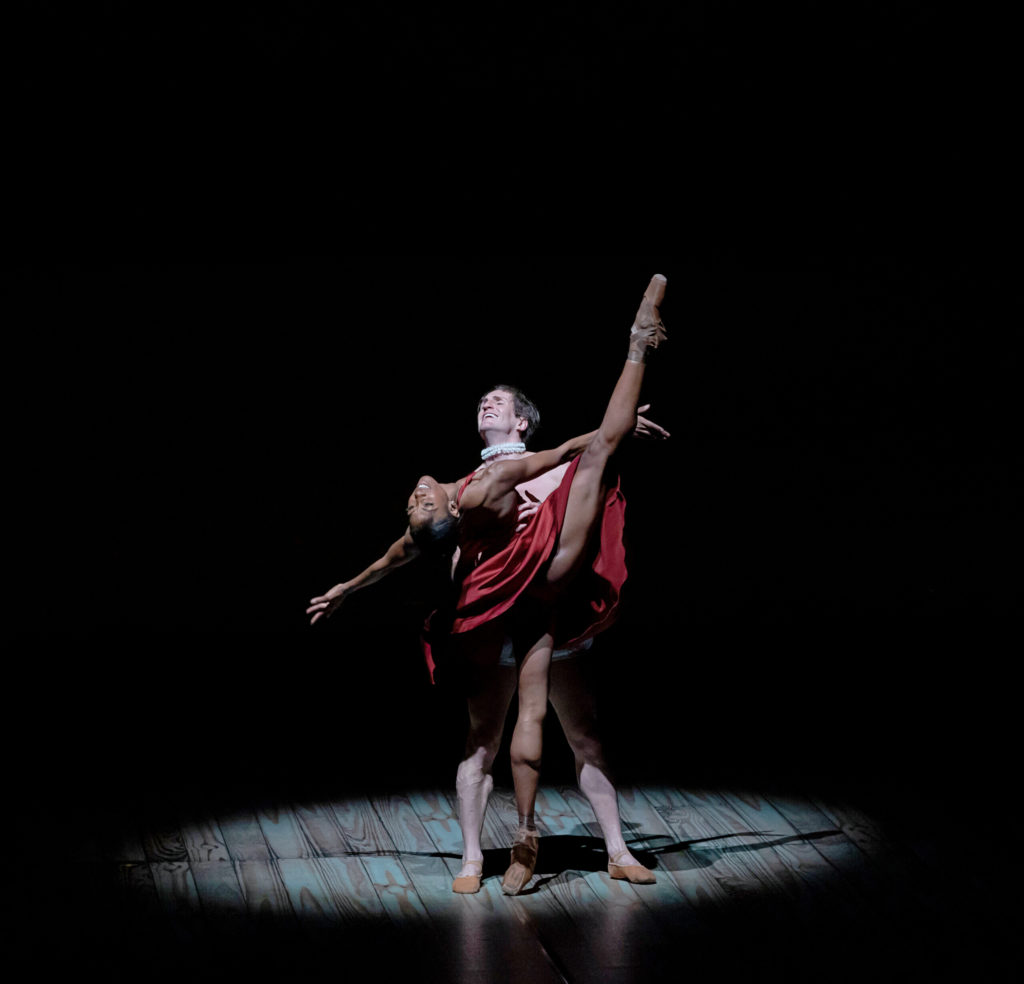
Vasterling’s ballet mixes present-day and historical characters and explores themes set forth in Williams’ poetry, bringing Black Luce and the Fair Youth—both as sonnet subjects and as real people—to life.
“The story really dives into what it means to be treated differently due to something you can’t change about yourself, and that’s something that our society clearly still struggles with today,” Vasterling says over email. “Black Lucy, at her core, is anyone that has ever felt othered simply because of who they are. Whether it be for the color of their skin, gender, where they come from or who they love. Her story teaches us to persevere, to own who we are and to courageously love others and ourselves.”
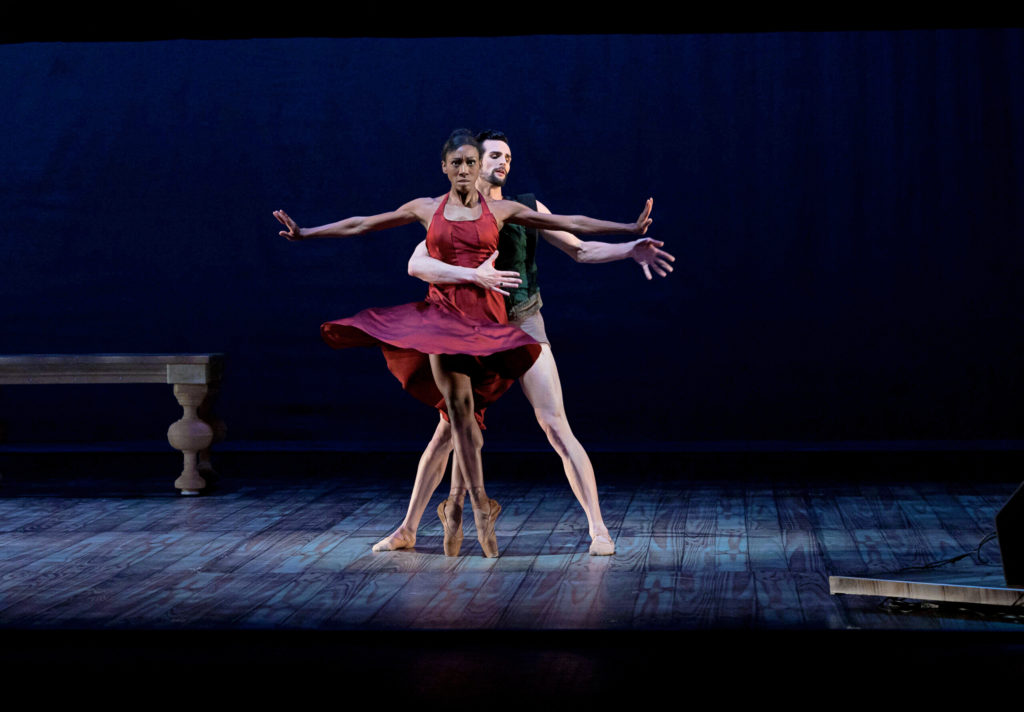
“Great Performances: Black Lucy and The Bard” stars company artists Claudia Monja as Lucy, Owen Thorne as Shakespeare and Nicolas Scheuer as the Fair Youth. The dancers are accompanied onstage by musicians Giddens and Turrisi, and Williams narrates with spoken-word poetry taken from her 2015 book.
“Both Caroline and her poetry played a major role in bringing the performance to fruition,” says Vasterling. “Her poetry is Lucy’s experience, her own experience and that of so many other women, and we knew having her words interwoven into the actual production would allow people to better connect and understand that onstage.”
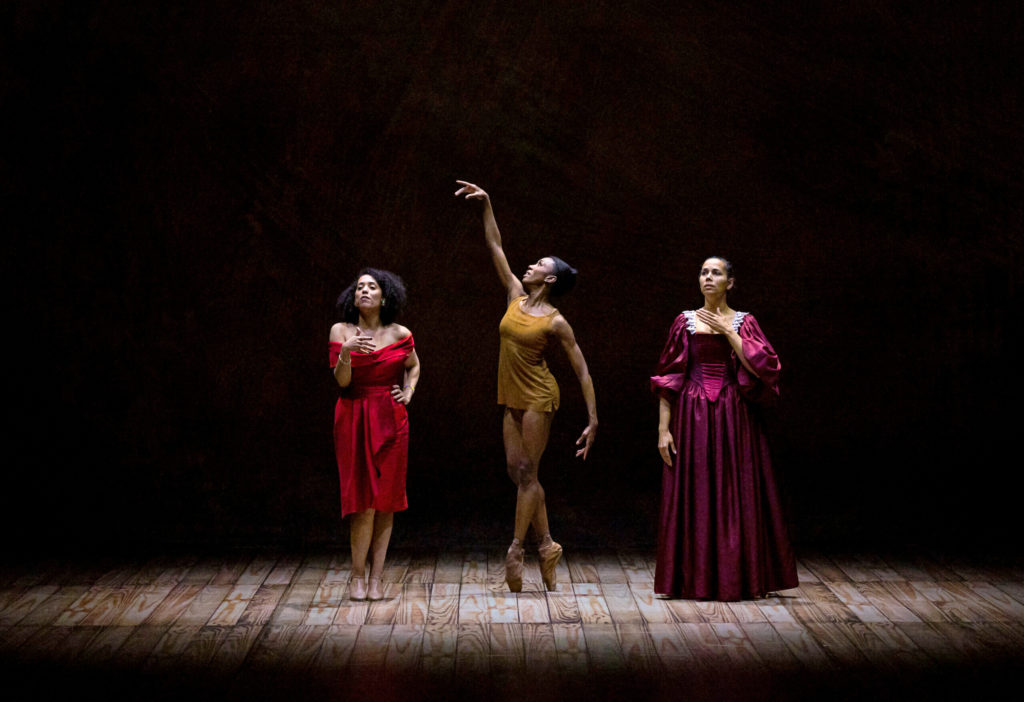
Viewers can tune in at 9 pm EDT on Friday, September 16, on PBS (check local listings), the PBS Great Performances website or the PBS Video app to watch the U.S. broadcast debut. Following the premiere, the episode will be available for on-demand streaming with membership on Thirteen, a PBS media provider. For more information, check out the Great Performances Facebook
